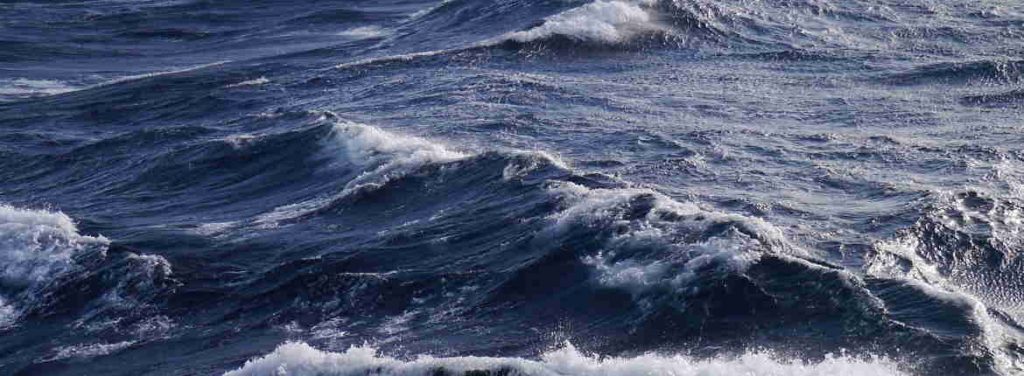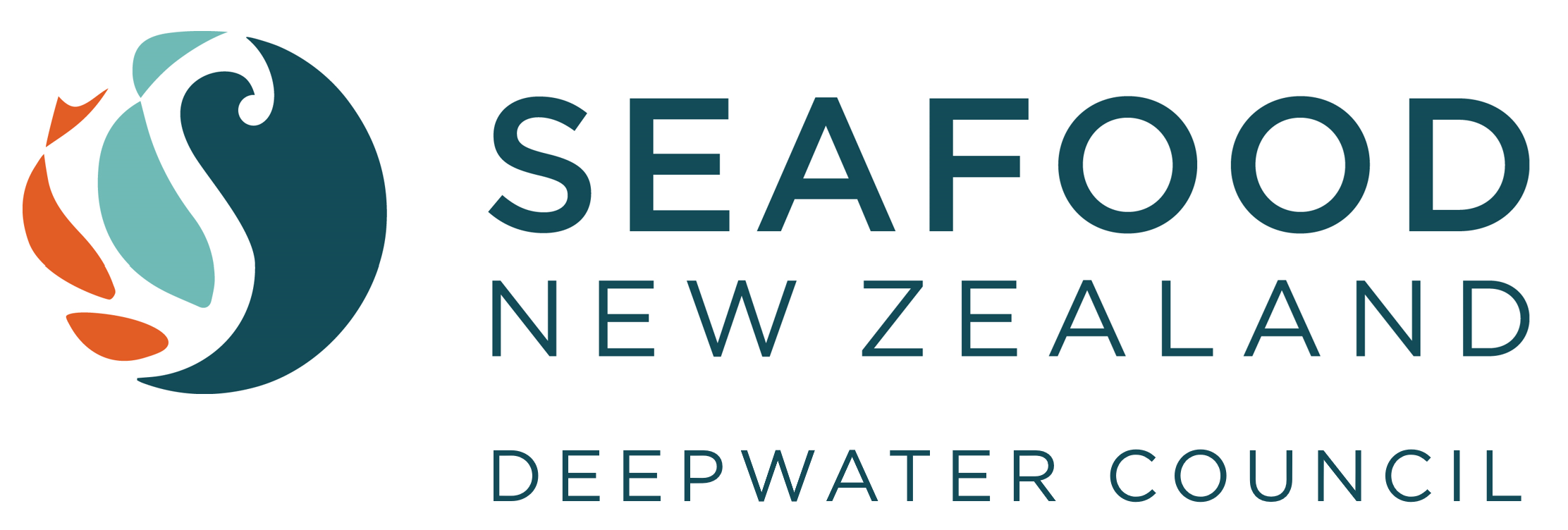10 November 2023
A new Government means new opportunities to focus on the science

As we write this week’s Update, the composition of Cabinet is still uncertain. But it is safe to say that any minister with a fisheries, oceans, Māori interests or conservation portfolio faces big decisions.
While we wait for new ministers, Seafood New Zealand has a simple request for all stakeholders:
Use the science and stop the cycle of misunderstanding or misrepresented information about how people’s fish is caught for them. Please.
We know this will resonate with the commercial seafood sector. But it’s a no-brainer for anyone who cares about decisions that affect our oceans, when those decisions can have extensive and irreversible effects.
We are confident our incoming Government will be in this camp. Being reliant on good, objective science is smart and will assist with the implementation of the Fisheries Industry Transformation Plan (ITP). It will help make our industry more globally competitive, using data and technology to help us satisfy the needs of today’s consumers and meet international obligations.
Industry is ready and willing to play its part.
Several agreed actions in the ITP rely on New Zealanders having better access to information about, and an understanding of, this important food production sector. The success of the ITP will be undermined if incorrect facts continue to circulate and influence decision-making in any way.
There is plenty of public debate and discussion about fishing, and Seafood New Zealand is up for it. But much of it is not quite right, and some of it is just plain wrong. Here are a few examples:
“Bottom trawling is unsustainable”
This is not supported by recent science. There is evidence that shows our commercial fisheries are achieving the critical balance of food production and biodiversity conservation.
A January 2022 study published in PNAS journal (Pitcher et al) estimated the effect of trawling in 24 marine areas around the world.
Thirteen scientists analysed factors including the frequency of trawls, the fishing equipment used and the rate at which the fish stocks replenish in each area. They number-crunched a huge amount of data and information to calculate the effects of trawling on the benthic status (health of the seabed ecosystem) for each area. The benthic status of a trawled area was then compared to an untrawled area to conclude the relative benthic status (RBS) ratio for each area.
New Zealand came out in the top results for least-affected areas. We achieved an average RBS for our trawled areas of greater than 0.9. This is compared to an untrawled state of 1.0, meaning that our trawled areas were calculated as being more than 90% unaffected. That’s the trawled areas, and remember only 2% of our EEZ is actually trawled in any given year, with no more than 11% having ever been trawled.
This puts us in the top achiever bracket for sustainable bottom trawling. In the words of the scientists behind the study, “seabed status is high in regions where fisheries are exploited sustainably – emphasizing that good fishery management contributes to better ecosystem outcomes.”
That’s us in New Zealand – good fishery management.
“Fishers are out there doing whatever they want”
We don’t need to elaborate too much on this. The commercial seafood sector is one of the most tightly monitored and regulated industries in New Zealand.
Near real-time reporting via GPS systems from boats. Fisheries observers on deepwater vessels. Cameras being rolled out on inshore vessels. The weighing and measuring. The huge amount of reporting.
What we have in fishing now, is an intense amount of scrutiny and publicly-available reporting and data. We welcome this transparency and the technology that makes it possible.
The reality: We move forward
These are just a few examples of commonly misrepresented topics. There are more, and you might find some of them are addressed in future issues of The Update.
We choose to be optimistic. We have a new incoming Cabinet. We have a public who expect to be able to find evidence-based information about the food they choose to eat. The Industry Transformation Plan is poised to make a huge difference and industry is keen to partner with Government to move forward with its ITP commitments.
